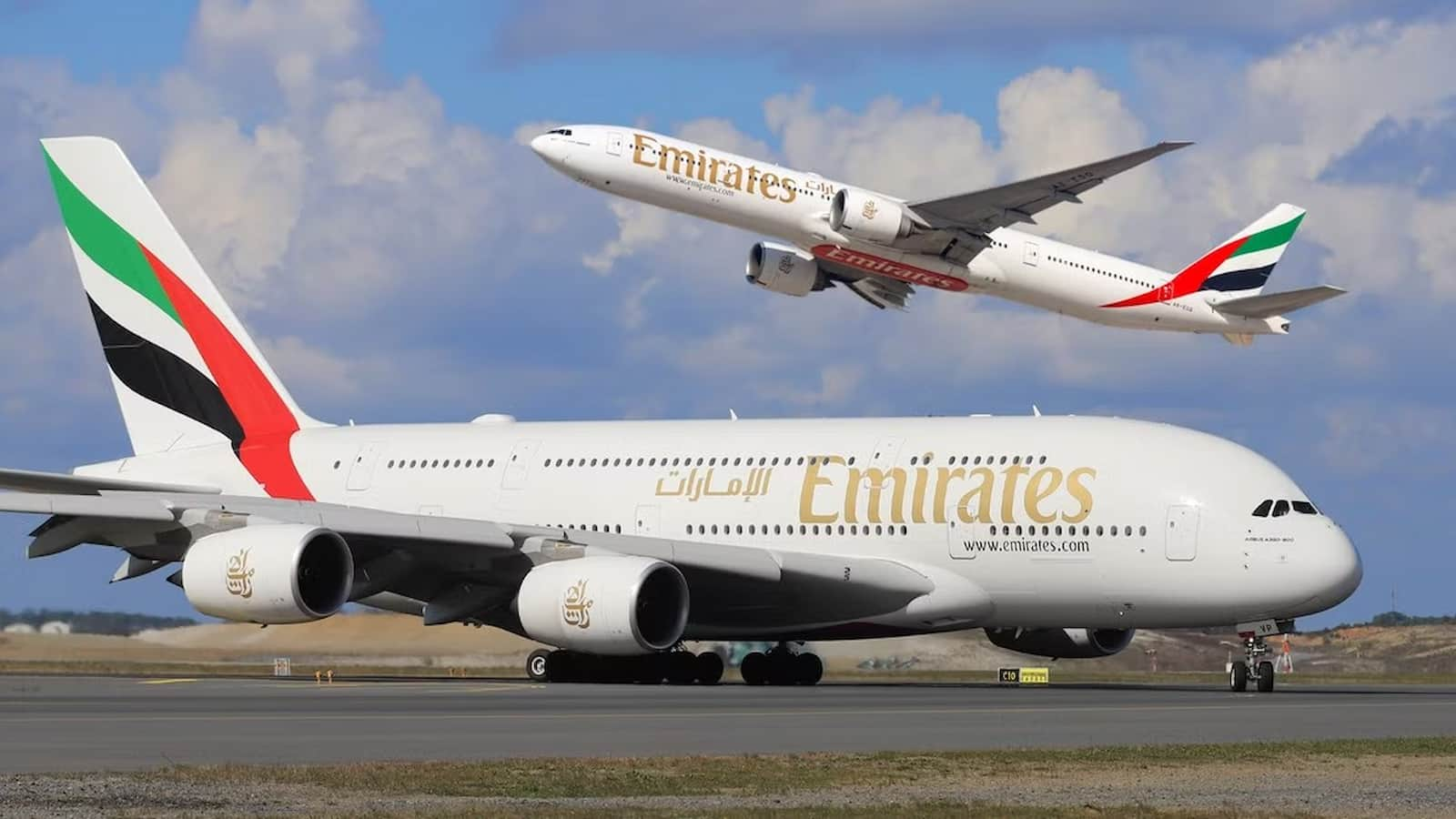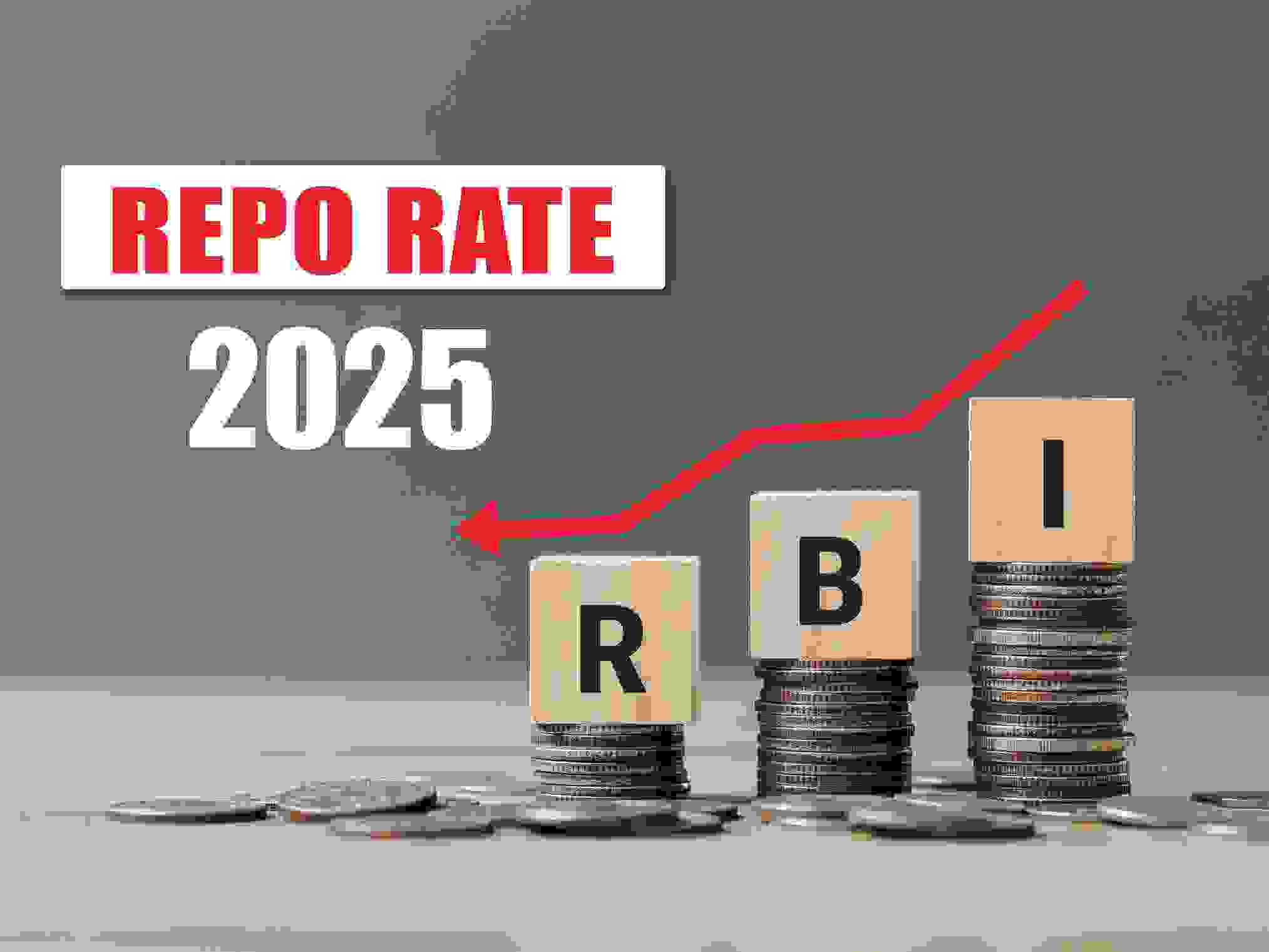In a landmark announcement at the Dubai Airshow 2025, Emirates has placed a massive $38 billion order for 65 Boeing 777-9 aircraft, reaffirming its position as one of the world’s largest and most ambitious long-haul carriers. The move significantly strengthens the airline’s future fleet strategy and reflects its confidence in global aviation demand—despite the long-running delays faced by Boeing’s 777X program.
A Record-Breaking Order at the Dubai Airshow
The new order for 65 aircraft adds to Emirates’ already extensive backlog of 777X jets, bringing its total commitment for the family to an astonishing 270 aircraft. The deal is one of the largest widebody orders in aviation history and highlights the airline’s philosophy of focusing on large, efficient, long-range jets to anchor its expansive global network.
Emirates leadership emphasized that the decision aligns with Dubai’s long-term strategy to grow its aviation footprint and strengthen its position as a major global hub connecting East and West.
A Deepening Partnership Between Emirates and Boeing
The relationship between Emirates and Boeing spans decades. Emirates already operates one of the world’s largest fleets of Boeing 777 aircraft, and this new order further cements the carrier as Boeing’s most important 777X customer.
Boeing, for its part, sees this mega-order as a strong vote of confidence at a crucial time. The 777X program has faced repeated certification delays and technological hurdles, but Emirates’ renewed commitment bolsters the program’s future and reassures the industry of its long-term viability.
Powering the Future: Emirates Adds More GE9X Engines
Alongside the aircraft order, Emirates also secured 130 additional GE9X engines—the exclusive powerplant for the 777-9. This brings its total GE9X commitment to more than 500 engines. The GE9X is expected to be one of the most advanced and fuel-efficient engines ever produced, supporting Emirates’ push for more sustainable and cost-effective long-haul operations.
For Boeing and GE, this is a major industrial boost that secures years of production, engineering, and supply-chain activity.
Delivery Timeline: First Jets Expected in 2027
Despite the excitement surrounding the deal, the first aircraft from this order are not expected to be delivered until mid-2027. The 777X program has experienced delays of several years, primarily due to new certification requirements and structural and engine tests.
Emirates, however, remains patient. The airline operates a large fleet of Airbus A380s that will gradually retire over the next decade, and the 777-9 is viewed as the most natural and efficient successor for many of those long-haul routes.
Fleet of the Future: A Flexible Growth Strategy
A key feature of this agreement is its built-in flexibility. Emirates has left the door open to convert part of its order into other future variants of the 777X family, including the proposed 777-10, a stretched version expected to carry even more passengers than the 777-9. This model, if developed, could serve as a partial replacement for the retiring A380 superjumbo fleet.
Emirates executives have voiced strong support for larger aircraft, noting that global traffic continues to rise while airport capacity remains limited in many major cities.
Economic Impact Beyond the Middle East
This order is not just significant for Emirates—it has major implications for the global aerospace industry. The production of the Boeing 777X and GE9X engine supports tens of thousands of jobs across multiple U.S. states and regions worldwide.
The deal also strengthens the long-standing commercial ties between the UAE and the U.S., particularly in the aerospace and high-technology sectors.
A Broader Fleet Modernization Plan
With this purchase, Emirates’ total future aircraft orderbook now includes:
- 270 Boeing 777X aircraft
- 10 Boeing 777 freighters
- 35 Boeing 787 Dreamliners
The combination of 777X jets and 787s ensures Emirates will maintain a young, modern, fuel-efficient fleet capable of serving long-haul routes with better economics and reduced environmental impact.
What This Means for the Aviation Industry
The massive order arrives at a time when global airlines are reassessing their fleet strategies after pandemic disruptions, supply-chain issues, and radical shifts in travel patterns. Emirates’ decision signals strong confidence in the long-term demand for widebody international travel.
For Boeing, this deal is a reputational win. The company has spent years recovering from safety and certification issues, and this high-profile endorsement by a major customer sends a powerful message to the rest of the aviation market.
Challenges and Risks Ahead
Despite the celebratory tone, several challenges remain:
- Further delays to the 777X program could impact Emirates’ fleet planning.
- Operational integration, including crew training and route optimization, requires careful coordination.
- Global economic uncertainties could affect long-haul travel demand in the coming years.
Still, Emirates’ structured order, its flexible options, and its long planning horizon help mitigate some of these risks.











